Evidence That It Works
Students in a doctoral psychology program planned and completed an individualized experiential activity within a cultural group different from their own as one part of their diversity training. They were supported in planning, completing, and reflecting on this experience by their teachers and senior students in their program. Following their diversity training, students felt increased satisfaction with their growing skills about diverse cultures. They were also able to express a rich awareness about multicultural identities in their internship application essays. What’s more, they showed a greater willingness to organize school events focused on supporting prospective students from diverse groups.
Students in other doctoral programs who completed similar activities also showed positive growth. These activities helped them grow their perspective-taking about diverse cultural identities, which increased their awareness of injustice and fostered their courage to take action.
Why Does It Matter?
Learning about diverse cultural identities by reading books, writing assignments, or having discussions in a classroom setting alone is a starting point for growth, but has limitations. To continue a lifelong learning journey in understanding diverse groups, teens need experiential ways of learning about these communities. Being immersed in a community that seems different from your own can challenge your comfort level. But carefully engaging in these emotional experiences with support from parents, caregivers, and teachers can help teens grow their multicultural understanding and open up more social opportunities within these communities to cultivate meaningful connections and relationships.
Civil courage is about acting bravely against injustice in spite of risks or costs to yourself like being punished or rejected by your own community or society. Teens and adults may want to act with courage to foster a more just society, but they might not always recognize injustice against people with diverse cultural identities because they aren’t familiar with cultural identities beyond their own.
You can support your teen to gain experience being with people who seem different as a way to act bravely against pressure from society to remain separate. By opening ourselves to new experiences of being in community with people who are unfamiliar to us, we can begin to build bridges and relationships across cultural differences. Building these bridges is a first step in taking a stand against division and beginning to live a more integrated life. Ultimately, growing our sense of common humanity and unity helps us to notice injustice and act to foster justice for all people.
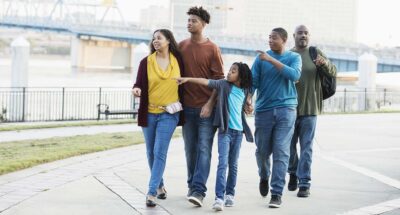



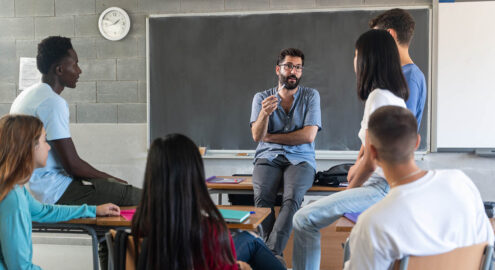
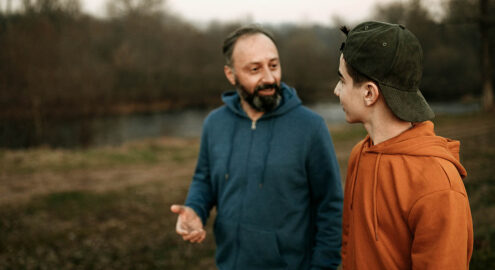
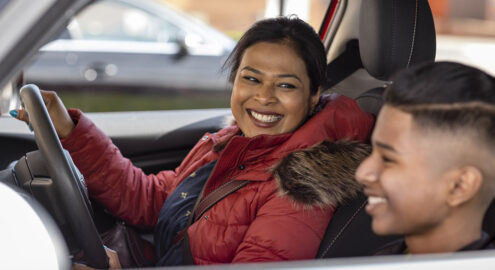
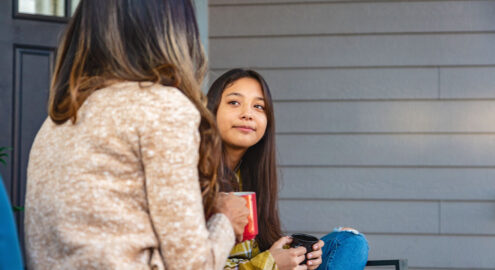

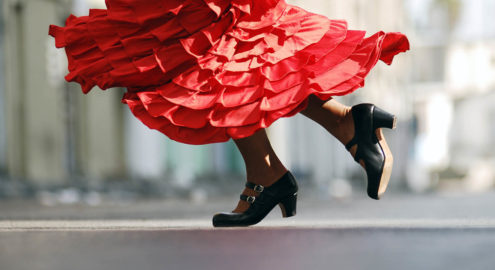
Comments